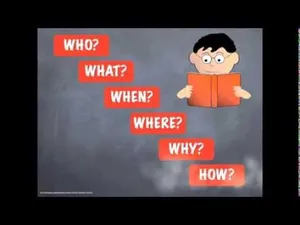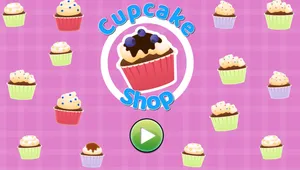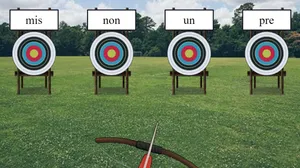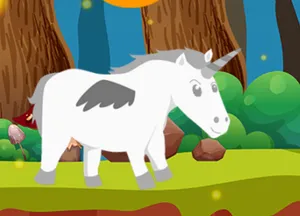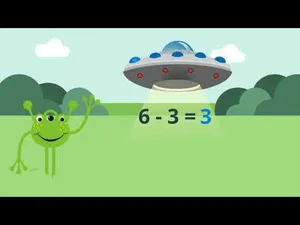Math Activities and Teaching Resources for 2nd Grade
Odd or even? 15 minutes or 20? Two quarters or six dimes and a nickel? Second grade mathematicians are putting what they've learned into practice, with some real-world ramifications.
Second grade students will develop more advanced addition and subtraction skills while laying the foundation for multiplication. Additional life skills are introduced, including work with time and money, and students begin working more with data. Shape work moves from recognition and building to partitioning and deconstruction.
Enjoy this sampling of instructional videos, games, number sense, and fluency activities for your 2nd grade classroom!
Some of the skills students will master in eSpark include:
Operations and Algebraic Thinking
- Use addition and subtraction within 100 to solve one- and two-step word problems.
- Fluently add and subtract within 20 using mental strategies.
- Determine whether a group of objects has an odd or even number of members; write an equation to express an even number as a sum of two equal addends.
- Use addition to find the total number of objects arranged in rectangular arrays with up to 5 rows and up to 5 columns.
Number and Operations in Base Ten
- Understand that the three digits of a 3-digit number represent amounts of hundreds, tens, and ones.
- Count within 1000; skip-count by 5s, 10s, and 100s.
- Read and write numbers to 1000 using base-ten numerals, number names, and expanded form.
- Compare two three-digit numbers based on meanings of the hundreds, tens, and ones digits, using >, =, and < symbols to record results.
- Fluently add and subtract within 100 using strategies based on place value, properties of operations, and/or the relationship between addition and subtraction.
Measurement and Data
- Measure the length of an object by using appropriate tools.
- Tell and write time from analog and digital clocks to the nearest five minutes, using a.m. and p.m.
- Solve word problems involving dollar bills, quarters, dimes, nickels, and pennies, using $ and ¢ symbols appropriately.
- Draw a picture graph and a bar graph to represent a data set with up to four categories.
- Solve simple problems using information presented in a bar graph.
Geometry
- Recognize, name, and draw shapes having specified attributes, such as a given number of angles or equal faces.
- Identify triangles, quadrilaterals, pentagons, hexagons, and cubes.
- Partition a rectangle into rows and columns of same-size squares.
- Partition circles and rectangles into two, three, or four equal shares, describing the shares using the words "halves," "thirds," "half of," "a third of," etc...
- Describe the whole as two halves, three thirds, and four fourths.
- Recognize that equal shares of identical wholes do not have to be the same shape.
eSpark is truly unique in the world of online learning. Our holistic, student-centered approach blends the proven benefits of play-based learning with systematic, explicit, and direct instruction. It’s proof that learning can be fun, personalized, and effective, all at once!
eSpark meets the criteria for evidence-based interventions under ESSA guidelines, and has been proven in multiple studies to improve student performance in math and reading.
When you sign up for an eSpark account, your students experience these activities via adaptive, differentiated independent pathways and teacher-driven small group assignments. Teachers also have access to detailed usage and progress reports with valuable insights into standards mastery, student growth trends, and intervention opportunities.
With the addition of the game-changing Choice Texts for the 2023-2024 school year, eSpark has cemented its status as the most loved supplemental instruction option for students and teachers alike. Claim your free account today and see the difference for yourself!
